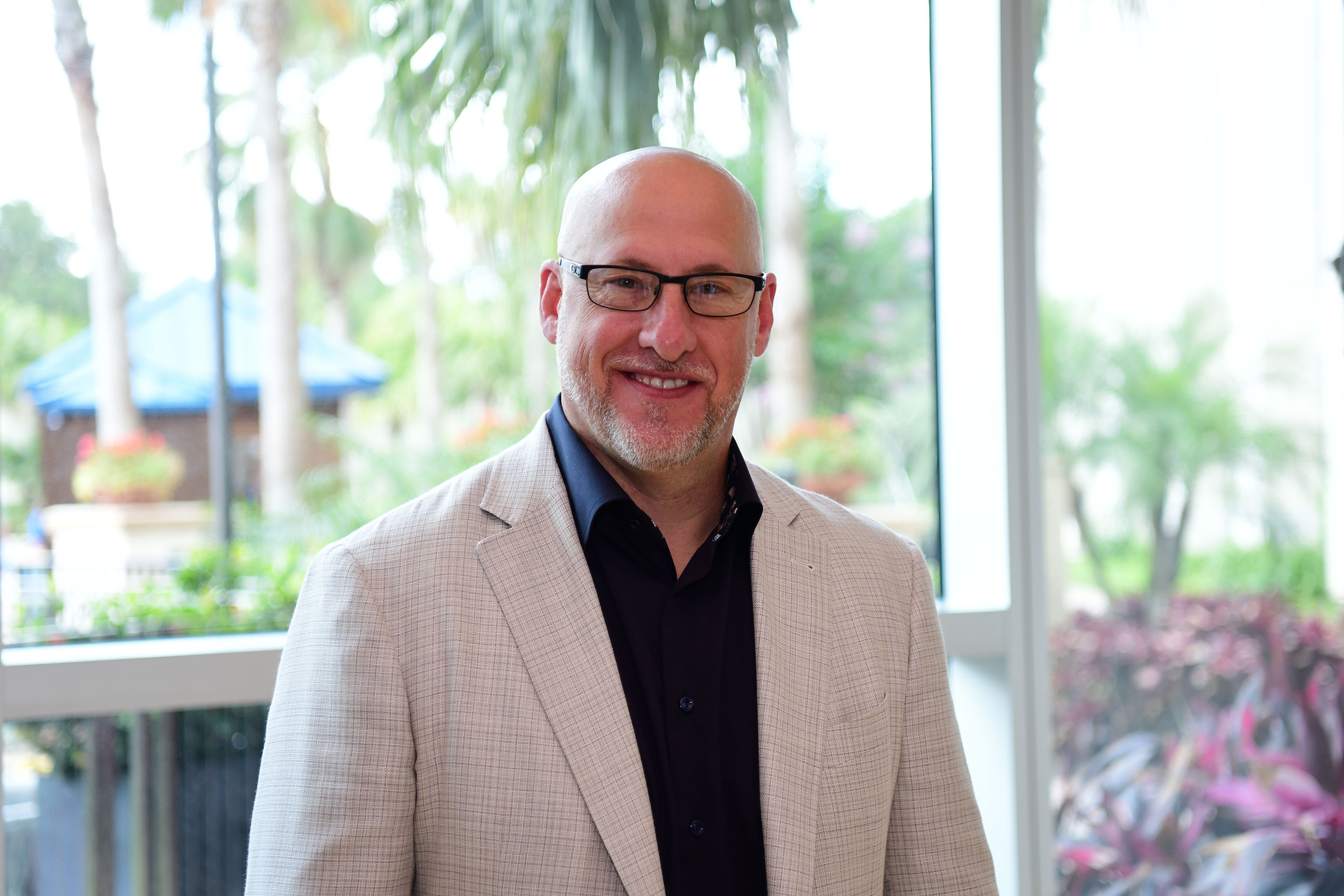EY refers to the global organization, and may refer to one or more, of the member firms of Ernst & Young Global Limited, each of which is a separate legal entity. Ernst & Young Global Limited, a UK company limited by guarantee, does not provide services to clients.
How EY can help
-
Discover how EY's digital transformation teams can help your business evolve quickly to seize opportunities and mitigate risks. Find out more.
Read more
Thankfully, Henry Ford’s adage that people could choose a car in "any color…so long as it is black" has long been consigned to the dustbin of history. But our age of mass customization poses tough challenges for businesses taking a customer-centric approach. EY worked with one of the world’s leading luxury automotive companies to overcome some of the industry’s most complex supply chain issues in order to enable the speedy delivery of customized vehicles to customers.
Whenever you’re signing papers in a car dealership and you hand over the deposit for that new car you’ve designed to some very exact specifications, you’ll experience a strange mixture of excitement and impatience. Excitement at the prospect of getting behind the wheel: that new car smell, all those new features. Impatience, because you likely have to wait a while for the car to be customized to your specifications and to be delivered to your dealer. Any unnecessary delays will be frustrating, especially if your dealer doesn’t have the information to keep you in the loop about where the car is, what work remains to be done on it, and when you’re going to get the call to come and collect it.
Unfortunately, the entire industry has an issue managing the efficient journey of vehicles from manufacturing plants, through the customization process, delivery to dealers and finally into the expectant hands of the customer.
Legacy systems have been developed over time and struggle to meet new customer expectations. There’s often still a reliance on paperwork and manual processes. Communication is spotty. And there’s little real-time data available to provide dealers with the visibility they need to let customers know what’s happening with their vehicles.
Most importantly these inefficiencies cause delays, impact customer satisfaction and place an unnecessary financial burden on the automotive companies who incur considerable expense building, shipping and customizing vehicles. The sooner those vehicles can be delivered to a dealership, the sooner those costs are recovered. And faster delivery drives better margins.









